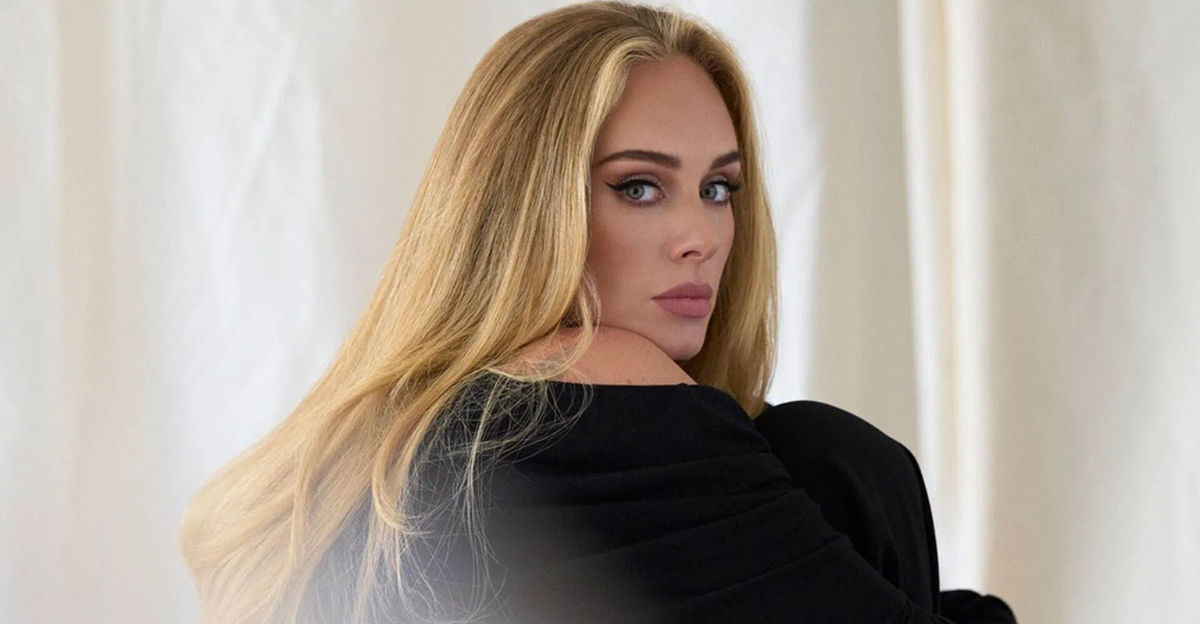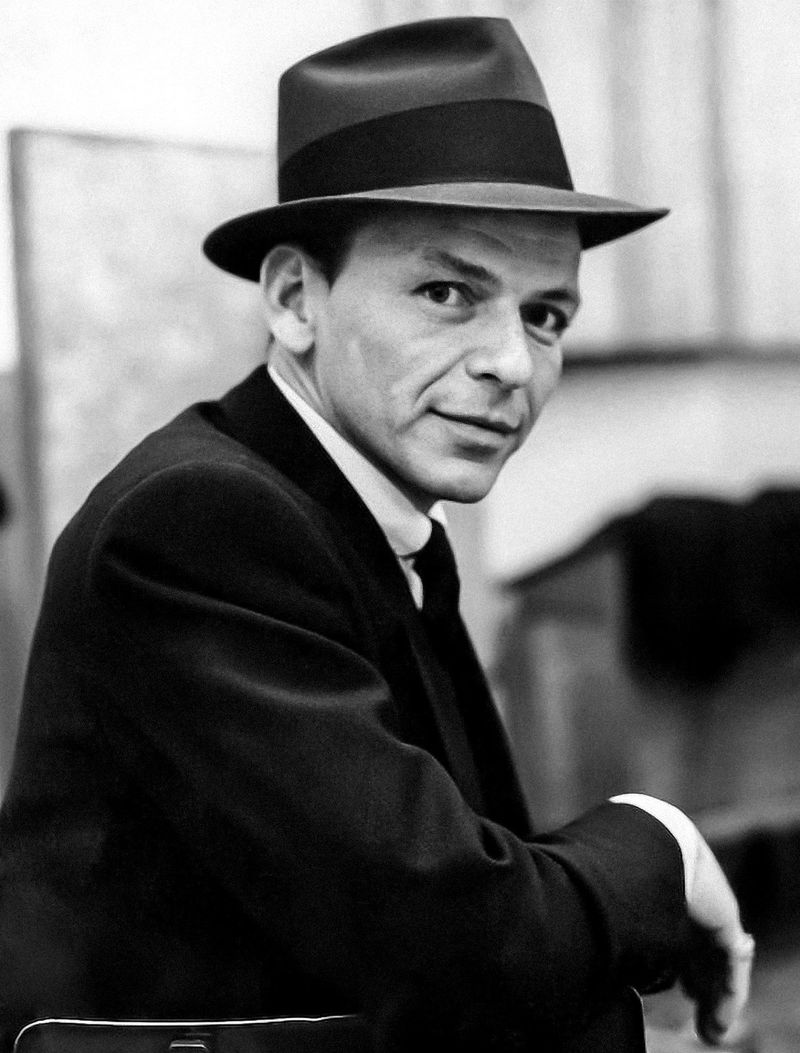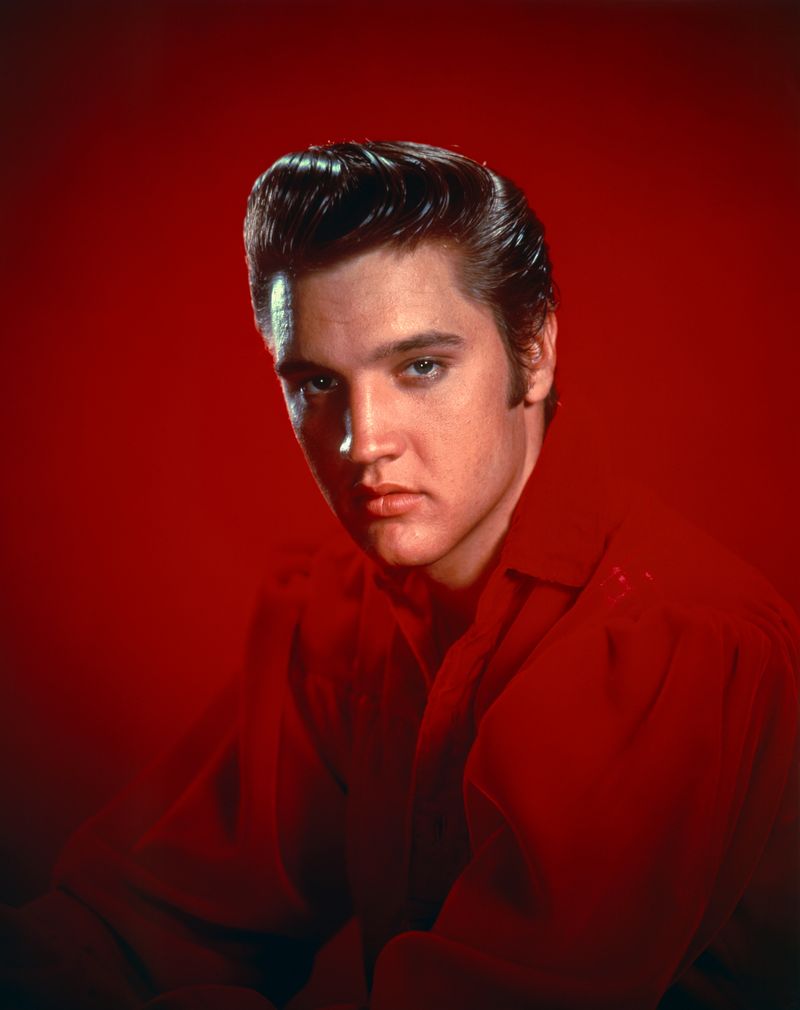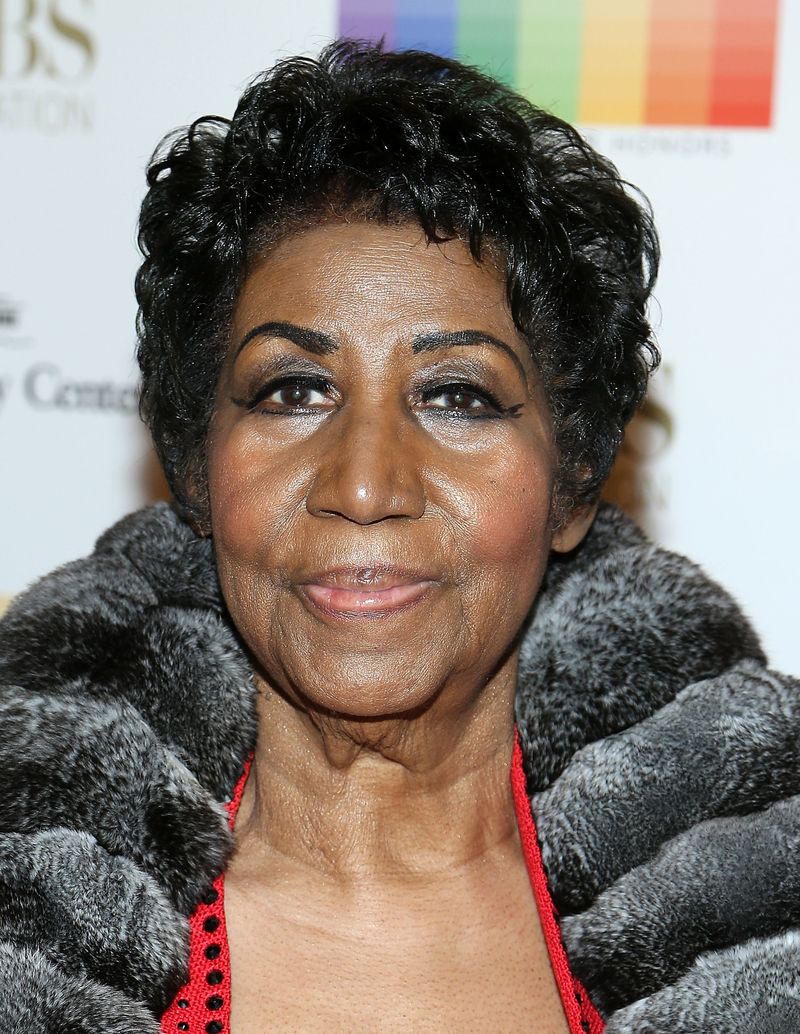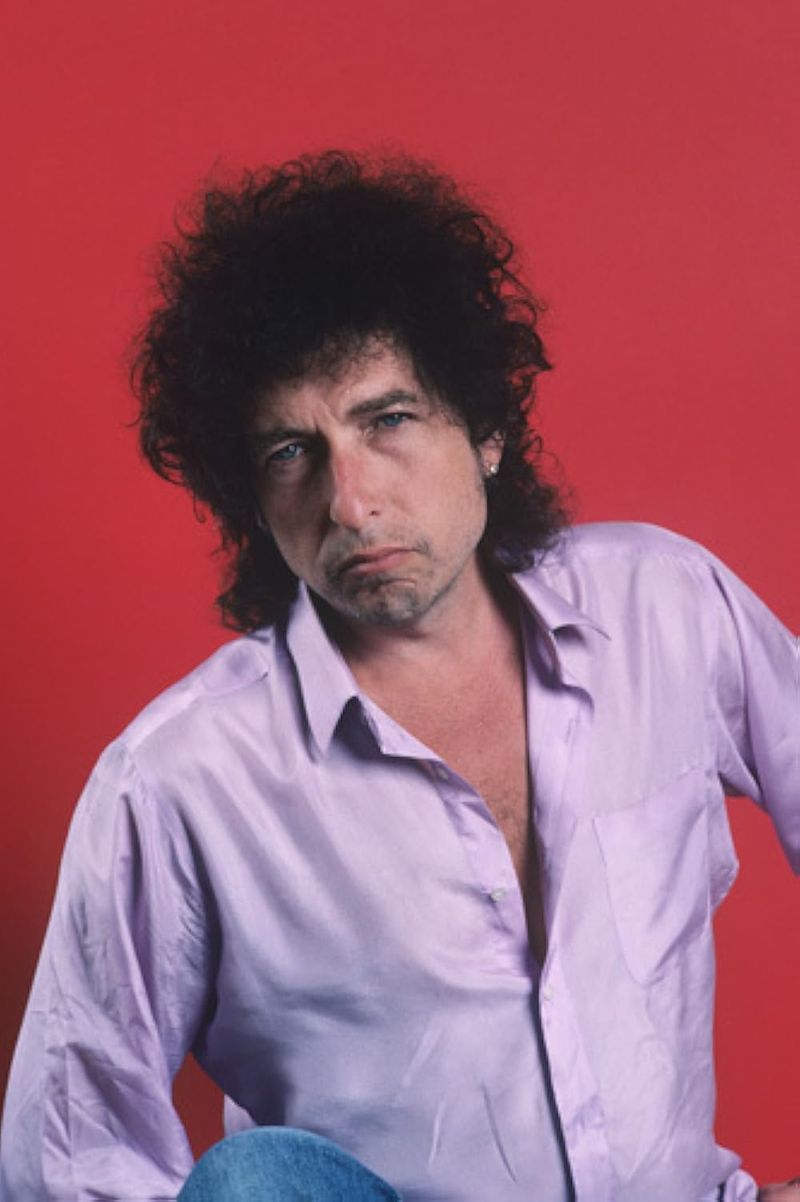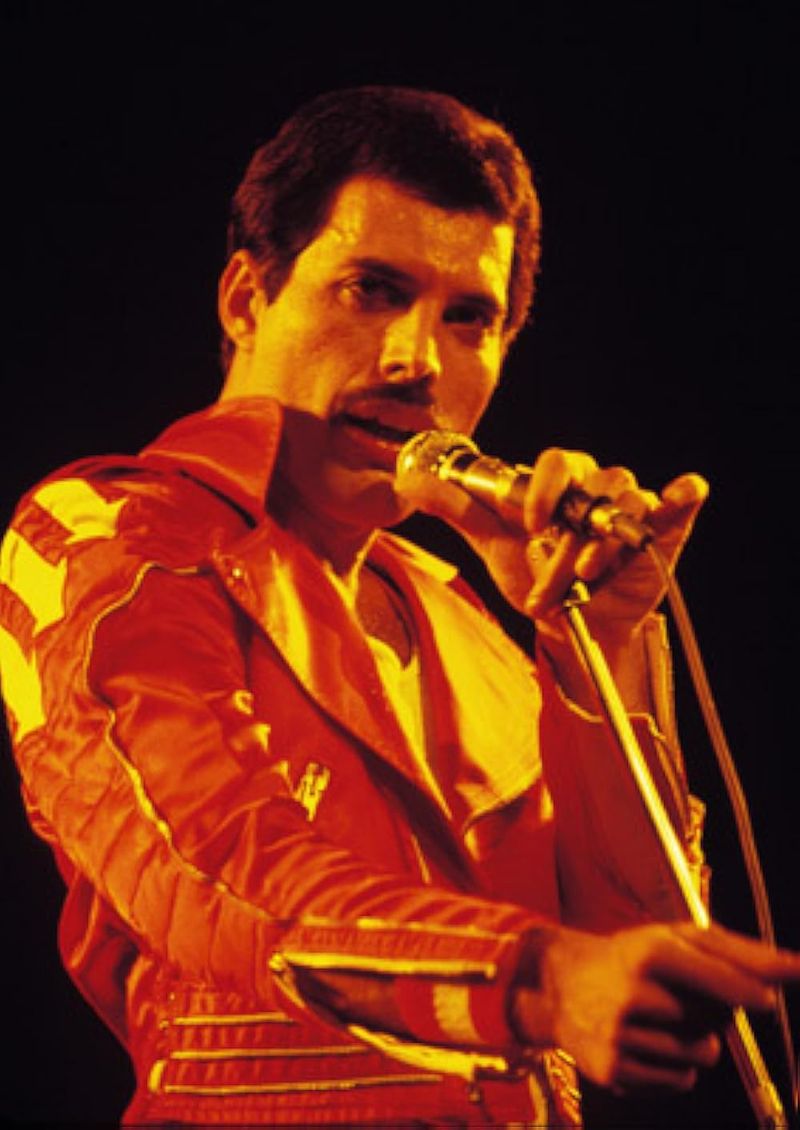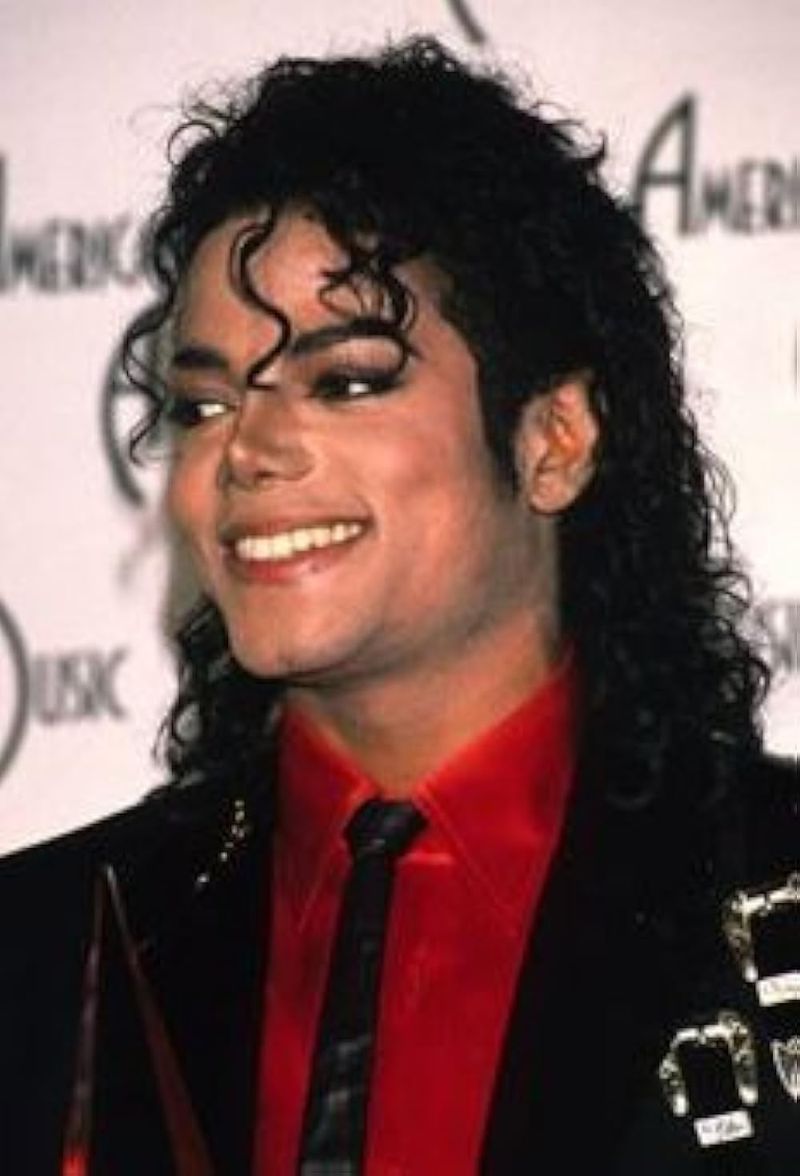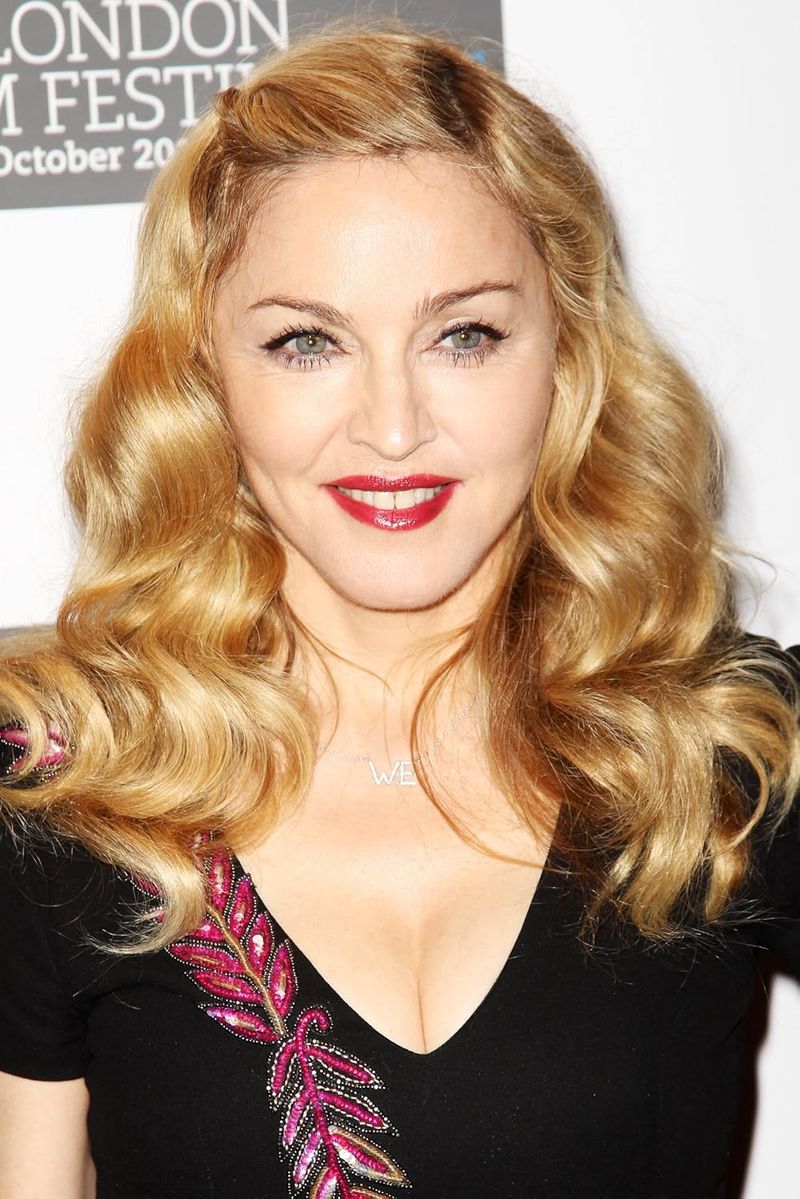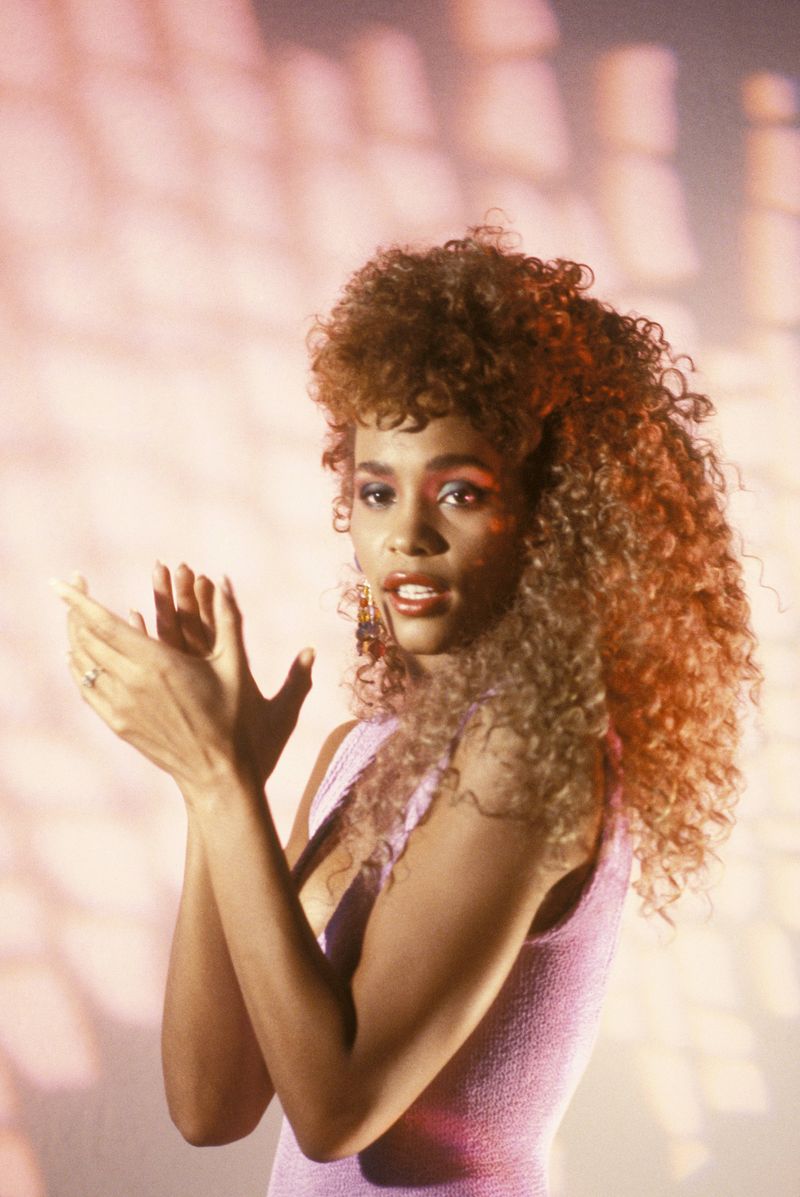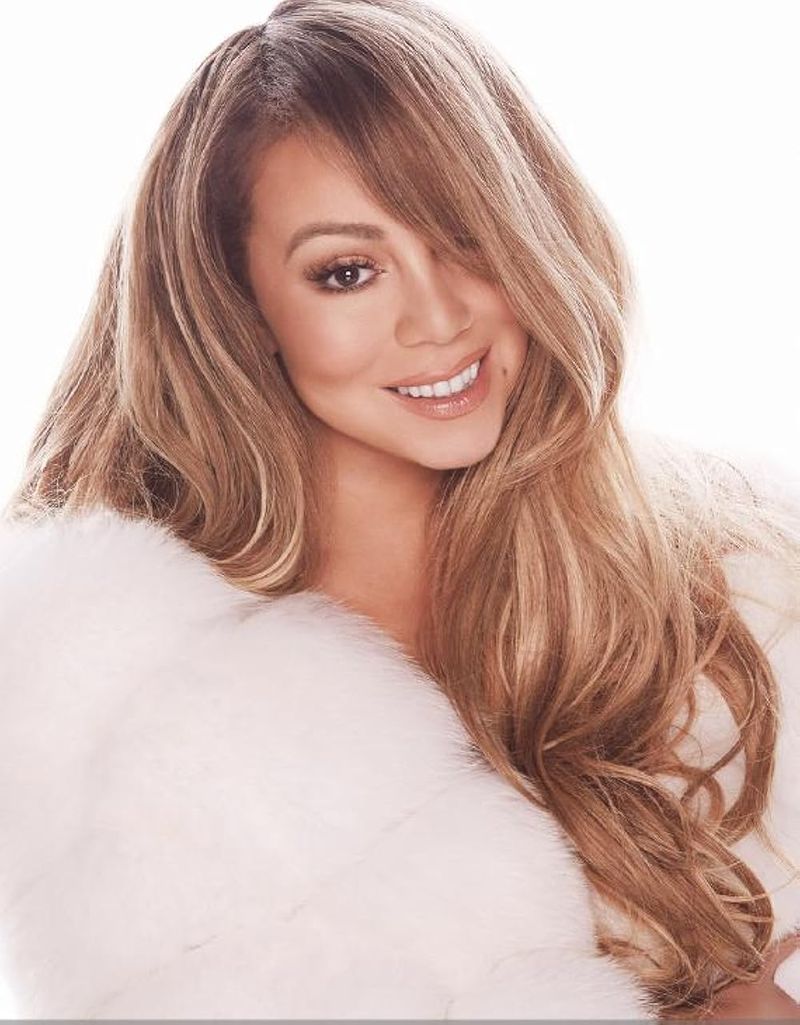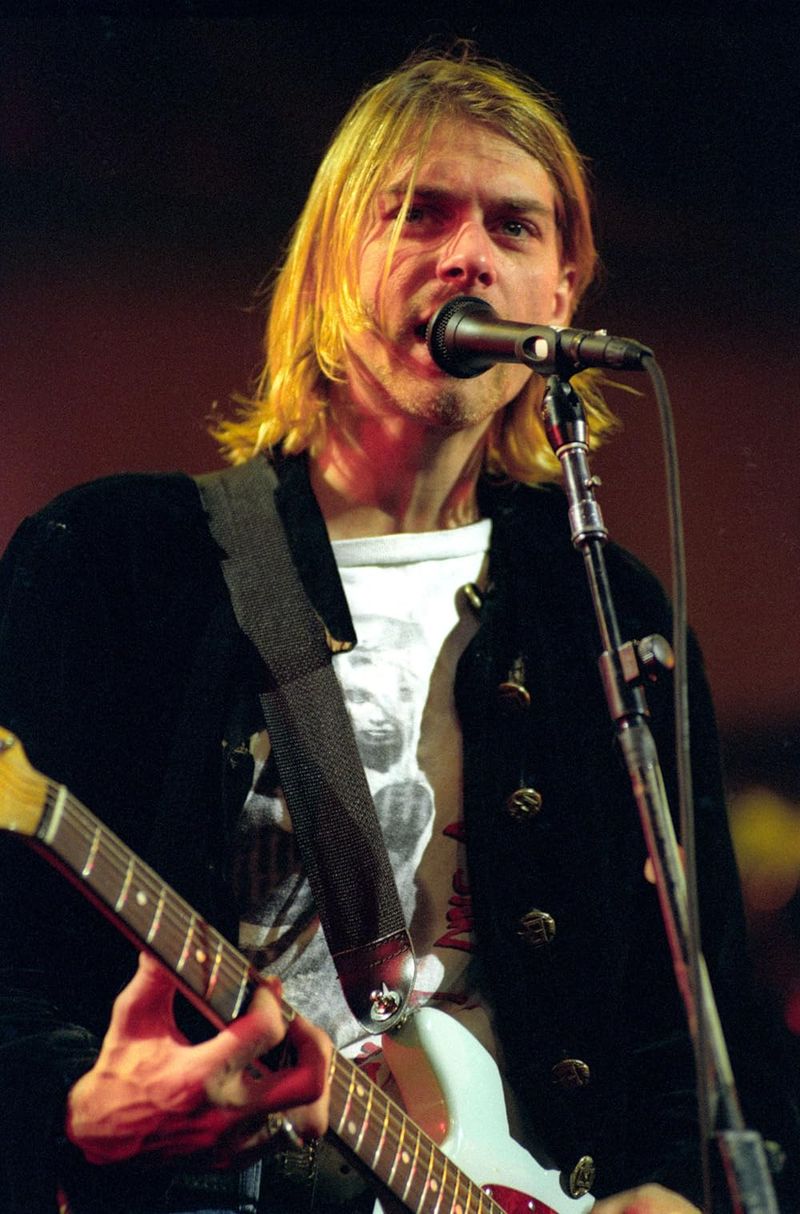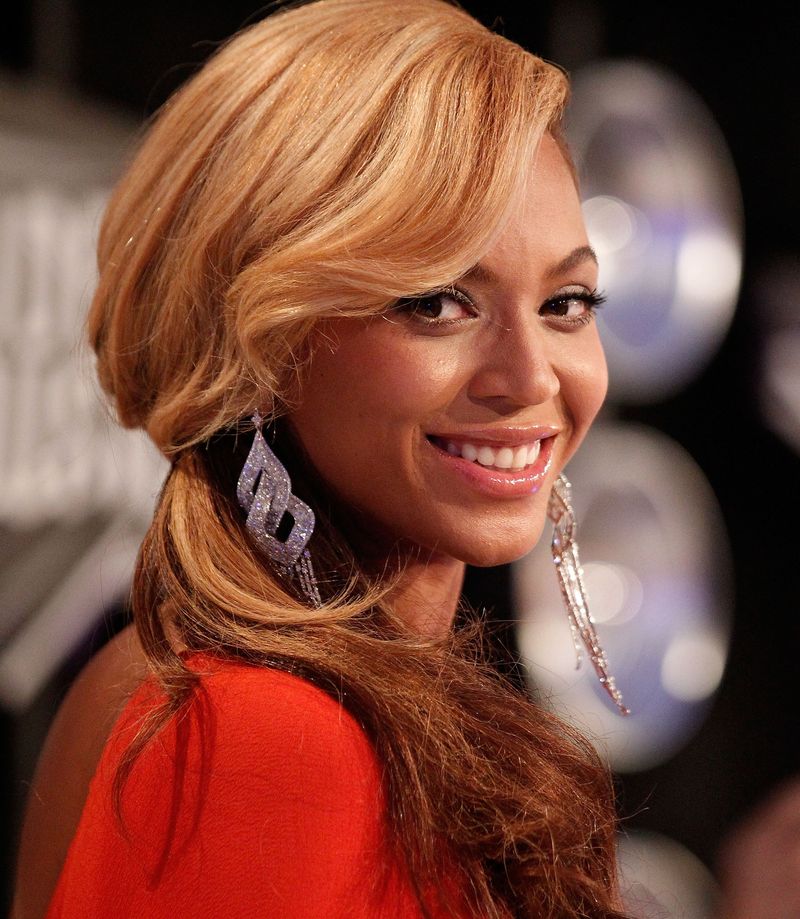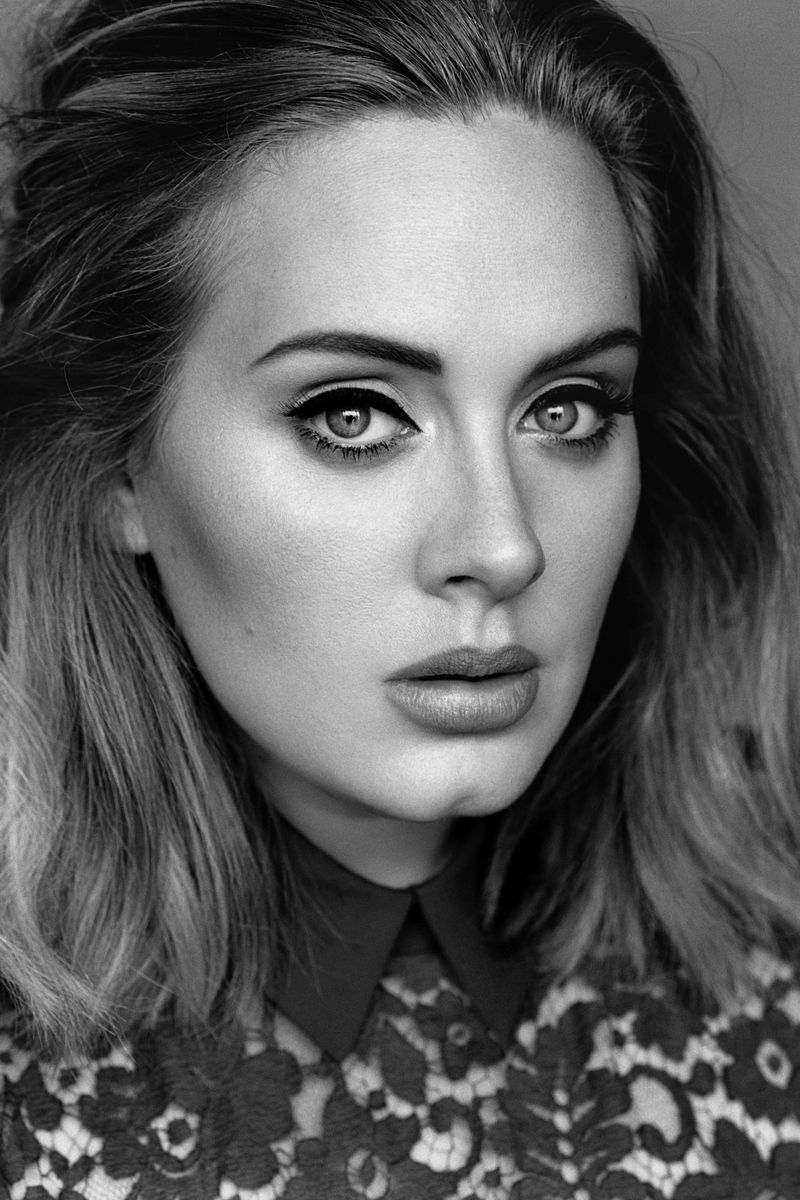Music has the power to capture the spirit of its time, and certain voices become the soundtrack to entire generations. Throughout history, a handful of singers have risen above the rest, their unique sound shaping not just charts but culture itself.
From swing to grunge, pop to soul, these artists didn’t just follow trends—they created them and left permanent marks on the world.
1. Frank Sinatra – 1940s–1950s (swing/traditional pop)
Nobody embodied cool quite like Ol’ Blue Eyes. Frank Sinatra turned crooning into an art form, his smooth baritone voice wrapping around lyrics like velvet.
During the post-war years, Americans craved romance and sophistication, and Sinatra delivered exactly that. His phrasing was impeccable, treating each song like a personal conversation with the listener. Whether performing with big bands or intimate small groups, he commanded every room he entered.
Songs like “My Way” and “Fly Me to the Moon” became timeless because Sinatra sang them with genuine emotion. His influence stretched far beyond music into fashion, film, and the very definition of what it meant to be a star.
2. Elvis Presley – 1950s (early rock ‘n’ roll)
When Elvis swiveled his hips on television, parents gasped and teenagers screamed. The King of Rock ‘n’ Roll didn’t just sing—he revolutionized American culture overnight.
His voice blended gospel, country, and rhythm and blues into something entirely new and electric. That fusion, combined with his magnetic stage presence, made him irresistible to young audiences hungry for change. Songs like “Hound Dog” and “Jailhouse Rock” weren’t just catchy—they were rebellious anthems.
Elvis broke down racial barriers in music by bringing Black musical styles to mainstream white audiences. His impact went beyond entertainment; he became a symbol of youth rebellion and freedom that defined the entire 1950s.
3. Aretha Franklin – 1960s (soul)
Respect wasn’t just a song—it was a movement, and Aretha Franklin was its voice. The Queen of Soul possessed a vocal power that could shake buildings and touch hearts simultaneously.
Growing up singing gospel in her father’s church, Franklin brought spiritual intensity to every note she sang. Her ability to convey raw emotion made listeners feel every word deep in their souls. During the turbulent 1960s, her music became anthems for both the civil rights and women’s movements.
Franklin’s voice carried authority, vulnerability, and strength all at once. Tracks like “Think” and “Chain of Fools” showcased her incredible range and emotional depth, cementing her legacy as one of music’s greatest vocalists.
4. Bob Dylan – 1960s (folk/counterculture)
His voice was nasal, rough, and completely unconventional—and that’s exactly why it mattered. Bob Dylan proved that perfect pitch wasn’t necessary when you had something important to say.
Armed with just an acoustic guitar and harmonica, Dylan became the poet laureate of the counterculture generation. His lyrics tackled war, injustice, and social change with literary brilliance that elevated folk music to high art. Songs like “Blowin’ in the Wind” and “The Times They Are a-Changin'” became protest anthems.
Dylan’s influence extended beyond his own recordings; countless artists covered his songs, spreading his message worldwide. He taught a generation that music could be a powerful tool for questioning authority and demanding change.
5. Freddie Mercury – 1970s–1980s (stadium/glam rock)
With a four-octave vocal range and theatrical flair, Freddie Mercury transformed rock concerts into operatic spectacles. Queen’s frontman didn’t just perform—he commanded stages like a royal addressing his kingdom.
Mercury’s voice could soar from tender ballads to powerful rock anthems within seconds. “Bohemian Rhapsody” showcased his ability to blend multiple musical styles into one epic masterpiece. His stage presence was magnetic, fearless, and unapologetically extravagant during an era when rock needed exactly that kind of showmanship.
Beyond his technical abilities, Mercury brought genuine emotion and vulnerability to stadium rock. Songs like “Somebody to Love” and “We Are the Champions” became anthems because his voice made millions feel understood and empowered.
6. Michael Jackson – 1980s (pop)
The King of Pop didn’t walk—he moonwalked into history. Michael Jackson’s voice, combined with groundbreaking choreography and music videos, redefined what pop music could achieve.
His vocal style was instantly recognizable: those signature hiccups, the passionate yelps, and a range that moved effortlessly between tender and explosive. “Thriller” became the best-selling album of all time because Jackson created a complete artistic vision. He transformed music videos into mini-movies, making MTV essential viewing.
Jackson broke racial barriers by becoming the first Black artist in heavy rotation on MTV. His influence touched fashion, dance, and production techniques. Every pop star who followed studied his blueprint for global superstardom and artistic innovation.
7. Madonna – 1980s (pop/dance)
Controversy was her middle name, and reinvention was her superpower. Madonna proved that female pop stars could control their own narrative, image, and business empire.
Her voice wasn’t the most technically impressive, but that never mattered because Madonna understood something deeper: pop music is about attitude, visual presentation, and cultural impact. She pushed boundaries with songs like “Like a Virgin” and “Material Girl,” sparking conversations about sexuality, religion, and female empowerment.
What set Madonna apart was her chameleon-like ability to predict and shape trends rather than follow them. Each album era brought a complete transformation, keeping audiences constantly intrigued. She opened doors for future female artists to be bold, provocative, and unapologetically ambitious.
8. Whitney Houston – late 1980s–1990s (pop/R&B)
That voice could shatter glass and mend broken hearts in the same breath. Whitney Houston possessed one of the most technically perfect voices in music history, with power, control, and stunning clarity.
Her rendition of “I Will Always Love You” became the gold standard for vocal excellence. Houston made impossibly difficult runs sound effortless, inspiring countless singers to push their own abilities. She brought gospel-trained vocal techniques to mainstream pop, creating a blueprint that dominated the charts throughout the nineties.
Beyond technical skill, Whitney conveyed genuine emotion that connected with millions worldwide. Her success opened doors for Black female artists in pop music, proving that exceptional talent could transcend any barrier and achieve universal appeal.
9. Mariah Carey – 1990s (melismatic pop/R&B)
Five octaves and a whistle register that seemed almost supernatural—Mariah Carey rewrote the rules about what human voices could accomplish. Her melismatic style, running through multiple notes on single syllables, became the defining vocal technique of the nineties.
Songs like “Vision of Love” and “Emotions” showcased her incredible range and technical mastery. Carey didn’t just hit high notes; she made them musical and emotionally resonant. Her songwriting skills were equally impressive, crafting hooks that embedded themselves in popular culture.
Mariah influenced an entire generation of singers who tried to emulate her runs and riffs. Her Christmas music became seasonal staples, and her impact on R&B and pop vocal styling remains unmistakable decades later.
10. Kurt Cobain – early 1990s (grunge)
Raspy, anguished, and brutally honest—Kurt Cobain’s voice gave a generation permission to feel their pain out loud. Nirvana’s frontman rejected the polished production of eighties pop, bringing raw emotion back to rock music.
His vocal delivery on “Smells Like Teen Spirit” captured the frustration and alienation of youth perfectly. Cobain sang like someone who genuinely understood feeling like an outsider, and millions of teenagers immediately recognized themselves in his words. Grunge exploded from Seattle’s underground clubs to worldwide phenomenon almost overnight.
Beyond the music, Cobain represented authenticity in an increasingly commercialized industry. His reluctance toward fame and corporate rock made him even more compelling to fans seeking something genuine and unfiltered in their music.
11. Beyoncé – 2000s–2010s (R&B/pop)
Perfection in motion—that’s Beyoncé. Her voice combines Whitney’s power, Mariah’s technique, and Aretha’s soul, all while executing complex choreography that would leave most people breathless.
From Destiny’s Child to solo superstardom, Beyoncé raised the bar for live performances impossibly high. Songs like “Crazy in Love” and “Formation” showcased not just vocal ability but complete artistic vision. She transformed concerts into multimedia experiences with precision staging, powerful messages, and flawless execution.
Beyond entertainment, Beyoncé became a cultural icon representing Black excellence, female empowerment, and artistic control. Her surprise album drops changed industry practices, and her visual albums elevated music storytelling. She proved that commercial success and artistic integrity could coexist beautifully.
12. Adele – 2010s (soul-influenced pop)
In an era of auto-tune and production tricks, Adele reminded everyone that a great voice and honest emotion still matter most. Her rich, soulful tone and heartbreak-filled lyrics resonated with millions worldwide.
Songs like “Someone Like You” and “Hello” became global phenomena because Adele sang universal experiences with raw vulnerability. She didn’t rely on flashy choreography or elaborate staging—just her voice, a piano, and genuine feeling. That simplicity felt revolutionary in modern pop music.
Adele’s success proved that authenticity and traditional vocal excellence could still dominate charts in the streaming age. Her albums broke sales records, and her concerts sold out instantly, demonstrating that audiences craved emotional connection above everything else in their music.
13. Billie Eilish – 2020s (alt-pop/whisper-pop)
Whispering into the microphone like she’s sharing secrets with millions, Billie Eilish turned the music world upside down by proving you don’t need to belt to be powerful. Her breathy, intimate vocal style created a whole new genre that teens everywhere connected with instantly. Born in 2001, she captured the anxiety and authenticity of Gen Z better than anyone else.
Billie’s sound feels like late-night conversations in your bedroom, raw and unfiltered. She talks about mental health, climate fears, and feeling out of place—topics that resonate deeply with young listeners today. Her brother Finneas produces most of her tracks in their childhood home, keeping everything genuine and personal.
With hits like “Bad Guy” and “Happier Than Ever,” she’s shown that vulnerability is strength, not weakness.
